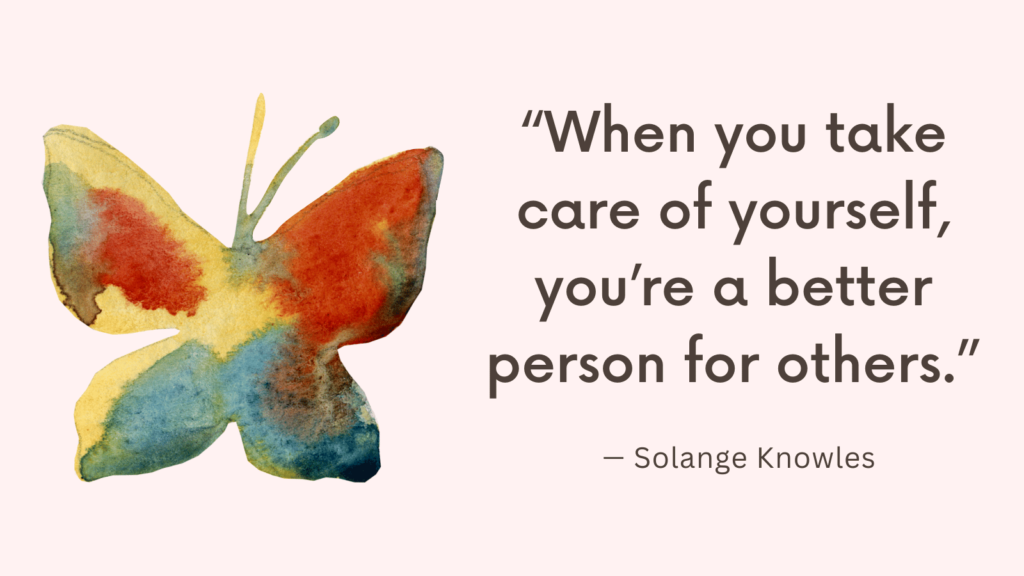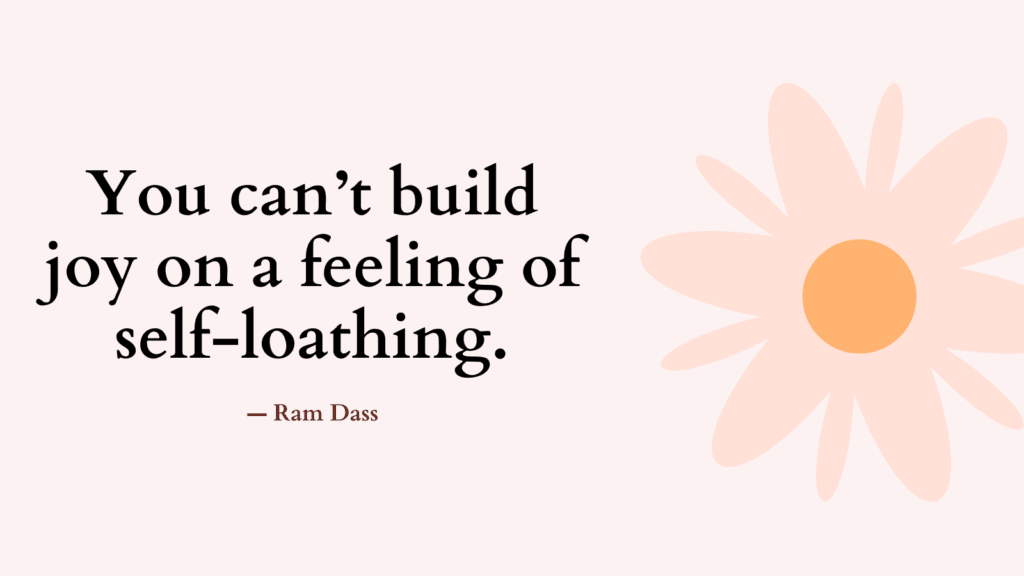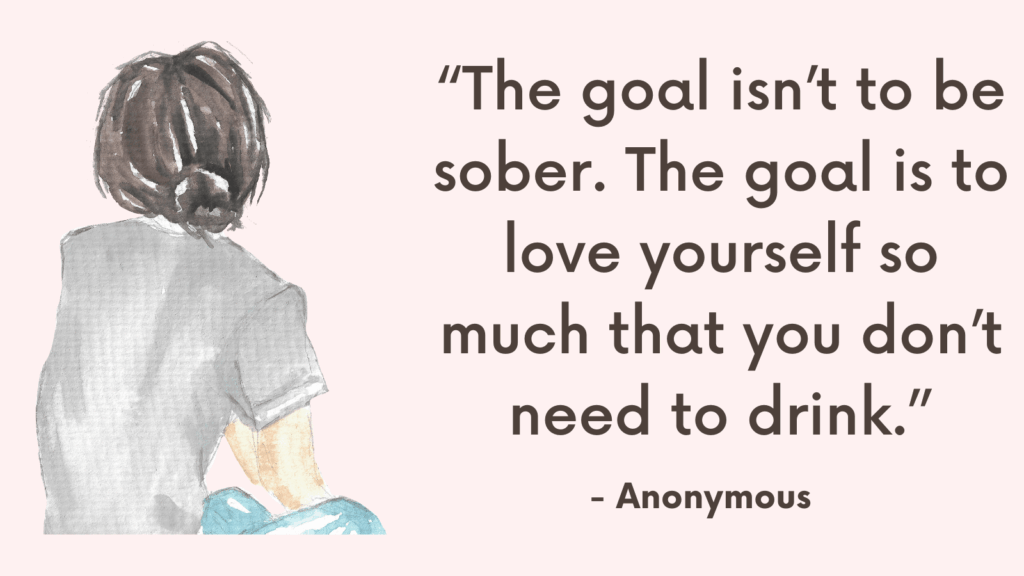In this post, you’re going to find out if a relationship can survive addiction.
How Does Addiction Impact Relationships?
Addiction can have a profound impact on relationships, affecting both the individual struggling with addiction and their loved ones.
Here is a comprehensive exploration of how addiction can impact relationships:
1. Trust
Addiction often leads to broken promises, deceit, and dishonesty.
The person struggling with addiction may lie or hide their substance use, leading to a breakdown of trust within the relationship.
Trust is a fundamental pillar of any healthy relationship, and the erosion of trust can create immense strain and tension.
2. Communication breakdown
Addiction can disrupt effective communication within a relationship.
The person struggling with addiction might become defensive, evasive, or aggressive when confronted about their substance use.
They may also prioritize obtaining and using the substance over engaging in open and honest conversations.
As a result, communication becomes strained, leading to misunderstandings, conflict, and emotional distance.
Related: Best 21 Couples Journal Prompts To deepen Your Intimacy
3. Emotional instability
Substance abuse alters brain chemistry and can negatively impact emotional regulation.
Mood swings, irritability, and unpredictable behavior are common among individuals struggling with addiction.
This emotional instability can create a volatile environment within the relationship, where the affected individual’s emotional state becomes unpredictable and challenging to navigate.
4. Neglect and abandonment
Addiction demands significant time, energy, and resources, often to the detriment of other aspects of life, including relationships.
The person struggling with addiction may neglect their partner’s needs, emotional support, and shared responsibilities, as their primary focus becomes obtaining and using the substance.
This neglect can leave the non-addicted partner feeling abandoned, lonely, and emotionally disconnected.
Related: Codependency And Enmeshment: 9 Signs You May Be In An Enmeshed Relationship
5. Codependency
In some cases, relationships affected by addiction develop codependency dynamics.
Codependency refers to a dysfunctional pattern where one partner enables the addiction by tolerating or even actively participating in enabling behaviors.
The non-addicted partner may find themselves taking on caretaking roles, enabling the addictive behaviors, and sacrificing their own well-being in the process.
This codependent dynamic perpetuates the addiction and prevents both partners from seeking healthier solutions.
6. Financial strain
Addiction can lead to financial difficulties and instability.
The financial resources that should be directed towards everyday needs, shared responsibilities, or future goals may end up being spent on substances.
This can cause significant stress, conflict, and strain on the relationship, especially when combined with the inability to hold a steady job or meet financial obligations.
7. Co-occurring mental health issues
Many individuals struggling with addiction also experience co-occurring mental health disorders, such as depression, anxiety, or trauma-related conditions.
These underlying mental health issues intensify the challenges within the relationship and can contribute to a cycle of substance abuse as a coping mechanism.
It also makes it more challenging to address the addiction without simultaneously addressing the associated mental health concerns.
Related: How To Support A Friend With OCD? 7 Practical Ways You Can Help Someone With OCD
8. Physical and verbal abuse
Addiction can contribute to the escalation of physical or verbal abuse within a relationship.
Substance use can impair judgment, increase aggression, and lower inhibitions, leading to domestic violence or abusive behaviors.
This environment of fear, violence, and instability can have long-lasting psychological and physical consequences for both partners.
9. Social isolation
Addiction often leads to social isolation as the person struggling with addiction may withdraw from activities, friends, and family members.
Isolation extends to the non-addicted partner as well, as they may feel ashamed, embarrassed, or stigmatized by the addiction, leading to a loss of social support networks.
The absence of a supportive community further exacerbates the challenges faced within the relationship.
10. Impact on children and family
When addiction affects a relationship with children present, the impact extends beyond the couple.
Children often witness the chaos, conflicts, and emotional turmoil caused by addiction.
This can lead to emotional trauma, impaired functioning, and disrupted family dynamics.
Children may also internalize these experiences, leading to their own struggles with addiction or mental health issues later in life.
It is crucial to recognize that the impact of addiction on relationships is not solely negative.
There are cases where addiction acts as a catalyst for personal growth, increased empathy, and stronger relationships.
Through treatment and recovery, individuals can rebuild trust, learn healthy communication skills, and develop a deeper understanding of themselves and their loved ones.
Related: What Is Emotional Sobriety and How to Achieve It? (+FREE Worksheets)
Can a Relationship Survive Addiction?
Yes, a relationship can survive addiction, but it requires effort, commitment, and support from both partners.
Addiction can be an incredibly challenging and complex issue that impacts not only the individual struggling with addiction but also their partner.
Surviving addiction in a relationship requires dedication, commitment, and a willingness to work together through the challenges that addiction presents.
Here are some factors that can contribute to the survival and recovery of a relationship in the face of addiction:
1. Education and Understanding
Both partners should educate themselves about addiction as a disease.
Understanding the nature of addiction, its impact on the brain, and the underlying factors involved can help reduce blame, shame, and stigma.
It allows for a more compassionate and empathetic approach towards the individual struggling with addiction.
2. Open and Honest Communication
Effective communication is crucial in navigating the complexities of addiction.
Encourage open, non-judgmental dialogue where both individuals can express their thoughts, concerns, and emotions.
Active listening, empathy, and validation are vital during these conversations.
Honest and transparent communication promotes trust, understanding, and connection within the relationship.
Related: 4 Stages of Addiction (+FREE Worksheets)
3. Establish Trust and Rebuild It
Addiction often strains trust within a relationship due to broken promises, deceit, and unpredictable behavior.
Rebuilding trust is a gradual process that requires consistent actions and accountability from the individual struggling with addiction.
It is essential for them to demonstrate their commitment to recovery by being transparent, reliable, and trustworthy.
The partner should also be open to healing and forgiveness, allowing space for trust to be rebuilt over time.
4. Boundaries and Self-Care
Setting clear boundaries is important to establish safety and protect both partners’ well-being.
Define expectations around substance use, behaviors, and responsibilities within the relationship.
Boundaries should be agreed upon and respected by both individuals.
Additionally, each partner needs to prioritize self-care by engaging in activities that promote physical, emotional, and mental well-being.
Taking care of oneself allows for better coping mechanisms, resilience, and the ability to support the recovery journey.
Related: Top 45 Self Care Day Ideas at Home To Kickstart Your Self Care Ritual
5. Seek Professional Help
Engaging the support of a therapist or counselor who specializes in addiction can be invaluable.
A professional can provide guidance, support, and evidence-based interventions tailored to the specific needs of both partners.
They can help address underlying issues, improve communication skills, and develop healthy coping strategies within the relationship.
6. Support Networks
Both partners should seek support from relevant support groups or networks.
The individual struggling with addiction can find support in groups like Alcoholics Anonymous, Narcotics Anonymous, or other addiction support groups.
Simultaneously, the partner can benefit from joining support groups for loved ones affected by addiction.
Engaging in these communities provides additional resources, shared experiences, and a sense of belonging.
7. Patience and Realistic Expectations
Recovery from addiction is a complex and ongoing process.
It requires patience, understanding, and realistic expectations from both partners.
Celebrate small victories, acknowledge efforts, and be prepared for setbacks along the way.
Emphasize progress rather than perfection, recognizing that it takes time to rebuild and heal a relationship affected by addiction.
Related: Porn Addiction Test (+Best 6 Tips On How To Get Free From Porn Addiction)
Conclusion
Every relationship is unique. What works for one couple may not work for another.
It is important to adapt these suggestions to your specific circumstances and seek professional assistance for personalized guidance.
With dedication, support, and a commitment to growth, a relationship can survive addiction and thrive in the process of recovery.




